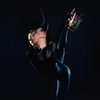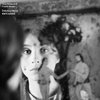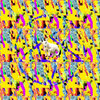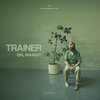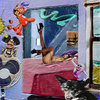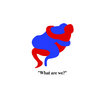Runa by SAM PAMA
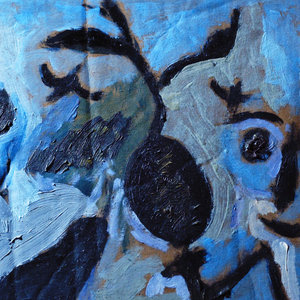
IT
Runa racconta l'antica storia del sacrificio, del dolore, del patimento, del travaglio necessario alla nascita. Corriamo come sciami impazziti, come uomini cechi, fino a quando la tragedia non apre i nostri occhi. Ci costringe a fermarci, a riflettere sull'impermanenza delle cose del mondo, sull'impotenza, sul fatto che gli sforzi poi in fondo non bastano, non bastano mai. Possiamo creare solo attimi, momenti destinati a svanire nella fugace immensità di questa matta vita, ma è proprio davanti a questo paradosso, che il seme ride e germoglia ancora e ancora e ancora. Eppure l'instancabilità della vita non ha fretta, non è in ansia, non ha inizio e non ha fine. Fiume calmo e impetuoso, scorre immobile sotto il nostro fracasso, tra i fitti schemi in cui ci intrappoliamo, tra i pensieri, le parole, le emozioni. Eppure pochi si fermano ad ascoltarla, ad ascoltare il canto di quel fiume sommesso, di quella ninna nanna primordiale, che è risveglio, che è pace. E allora il sacro dramma scorre con la sua frusta a lacerare ogni ostacolo, ogni certezza, ogni appiglio; ed è in quell'abisso misterioso, crudo, autentico che la vita canta, come ha sempre fatto. Allora potremmo scappare, inveire contro il paradosso, sprofondare. Oppure potremmo restare in ascolto del mistero che risiede dietro quest'apparente follia, fare spazio e scoprire con i nostri occhi, con le nostre mani e le nostre orecchie che la vita continua a cantare in eterno e che il sacrificio è solo un portale per scoprire ciò che non può ne andare, ne venire, dono che solo l'immensità del silenzio o l'immensità del dolore può farci.
EN
Runa tells the ancient story of sacrifice, of pain, of the suffering and labor that birth demands. We run like frenzied swarms, like blind men, until tragedy cracks our eyes open. It forces us to stop, to reflect on the impermanence of all things, on our helplessness, and on the bitter truth that effort, in the end, is never enough. It never is. All we can create are fleeting moments brief sparks destined to vanish into the vast, fleeting madness of life. And yet, it is right in front of this paradox that the seed laughs and begins to sprout again, and again, and again. Still, the tireless pulse of life is never in a hurry. It feels no anxiety. It has no beginning, and no end. Like a river, calm and wild, it flows unmoved beneath our noise, weaving its way through the dense patterns in which we trap ourselves through thoughts, words, and emotions. And yet, so few stop to listen. To truly hear the song of that quiet river, that ancient lullaby that is awakening, that is peace. And so, the sacred drama moves forward, whip in hand, tearing through every obstacle, every certainty, every false grip. It is in that raw, mysterious, and brutally honest abyss that life sings—just as it always has. We could run. We could curse the paradox. We could let ourselves fall. Or—we could stay. Stay and listen to the mystery behind the madness. Make space. And discover, with our own eyes, our hands, our ears, that life never stops singing. That sacrifice is only a doorway—a passage to something that neither comes nor goes. A gift that only the vastness of silence, or the vastness of pain, can offer.
Tracklist
| 1. | Anima | 2:26 |
| 2. | La grande soglia | 2:11 |
| 3. | Aldilà | 2:09 |
| 4. | Runa - Full Version | 6:46 |
Credits
License
All rights reserved.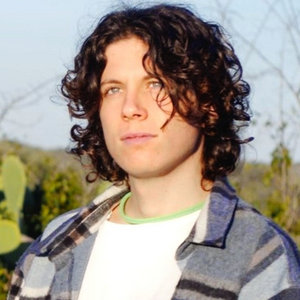
Samuel Salvatore Amenta, born in Syracuse on August 27, 1997, to Sicilian parents, began studying piano at the age of six. During that time, he was deeply influenced by the Jazz Festival and the beloved Amato Jazz Club, which he regularly attended in his hometown, Canicattini Bagni. It was there that images were etched into his heart scenes that would leave a lasting mark on him forever.
